My song ‘Silly Games’ and how I ended up in Steve McQueen’s movie
I wrote ‘Silly Games’ back in 1978. It’s the story of a young lady proposing to a young man. Then Steve McQueen made it political in ‘Lovers Rock’, explains Dennis Bovell
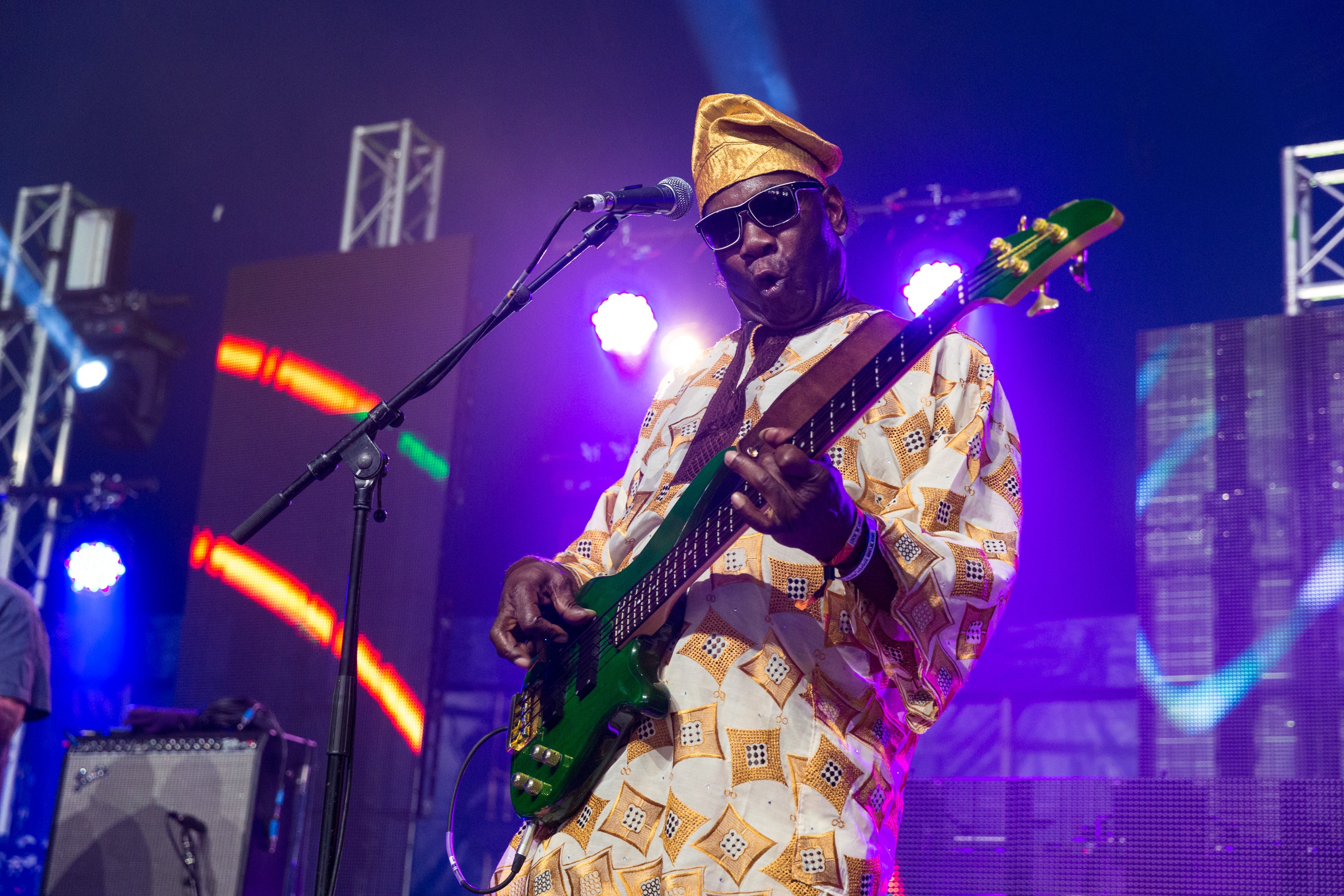
Out of the blue I got a call saying Steve McQueen wants to meet me. Why not, I thought, I’d quite like to meet him too. This was some years back. Nothing in film happens overnight.
Steve told me about the Small Axe series and gave me a script of Lovers Rock. That’s the moment I discover that the film adorns my song “Silly Games”. My first reaction? Thank God he’s got the lyrics correct. I’ve lost count of the times people turn the opening line, “I’ve been wanting you”, into “I’ve been watching you”. That really irks me. I’m not some stalker.
“Silly Games” is the story of a bold young lady proposing to a young man. C’mon, we’ve been giving each other the eye. I know you like me. Stop playing games. In 1978, when I wrote it, almost always the man made the first move. I read the same story in Steve’s script. It’s essentially my song remade for the screen.
When I saw there was a part for a Bajan bus conductor, I asked Steve if I could play him. The character only has one word – dickheads. My father came to the UK in the 1950s from Barbados to be a bus conductor. It would have tickled me and my siblings pink to see me driving a bus. It was just one shot. I wasn’t seeking a Bafta.
Steve said no. He had a bigger part in mind for me – the neighbour from upstairs. That guy only had a few a few lines. I thought no problem, but I still managed to mess them up on the first take.
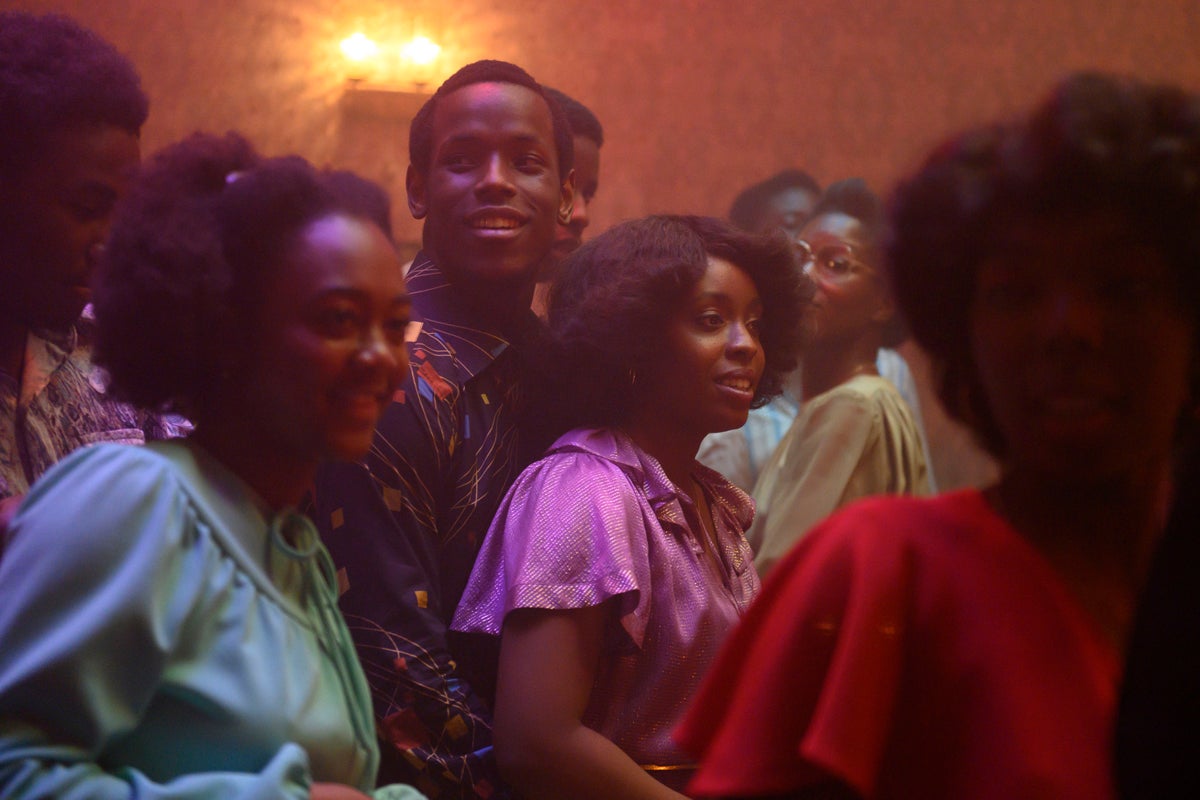
Lovers Rock is set at a blues party in a house in Ladbroke Grove and I love that I’m nearly run over by the sound system being brought in. I’m also in the key scene at the party when everyone’s dancing and on comes “Silly Games”. The DJ stops the record and the crowd breaks into song. Watching it made the hairs on my hands stand up. It’s so authentic it took me back 40 years to the parties I used to attend or DJ at – only this time, I wasn’t one of the youngsters jumping around.
I’m the proverbial fly on the wall in that scene because only after it was shot did Steve tell the cast who I was and that I wrote the song. That was so special for me. I was afforded the position of looking back on something I’d created and seeing the impact it had, and still has to this day. “Silly Games” has never gone away. I heard it the other week on Eastenders.
I remember every moment of making ‘Silly Games’. I remember thinking this is going to be a hit. It has to be a hit. It has all the hallmarks of a hit
I remember every moment of making ‘Silly Games’. I remember thinking this is going to be a hit. It has to be a hit. It has all the hallmarks of a hit. Once we’d finished it, I asked Janet Kay, who sang it, what she’d wear on Top Of the Pops. She shooed me away. “Get outta here.” The song went to No. 2 and I called Janet and proudly announced that Top of The Pops was happening.
“Silly Games” took a day to write but months to come together. I had decided to use the piano as my main instrument to compose on and parked up my trusted guitar. I’d always admired piano playing, but it’s not my strength. My sister plays it very well and when she had lessons, she’d show me what she’d learnt and I’d copy her by ear.
I initially wrote a love song like a ballad. But when I came to record it, I realised it was a reggae tune and hit on doing a strange hybrid. I created a drum pattern which resembled music of the eastern Caribbean – Calypso or Soca, in which the hi-hat takes the lead.
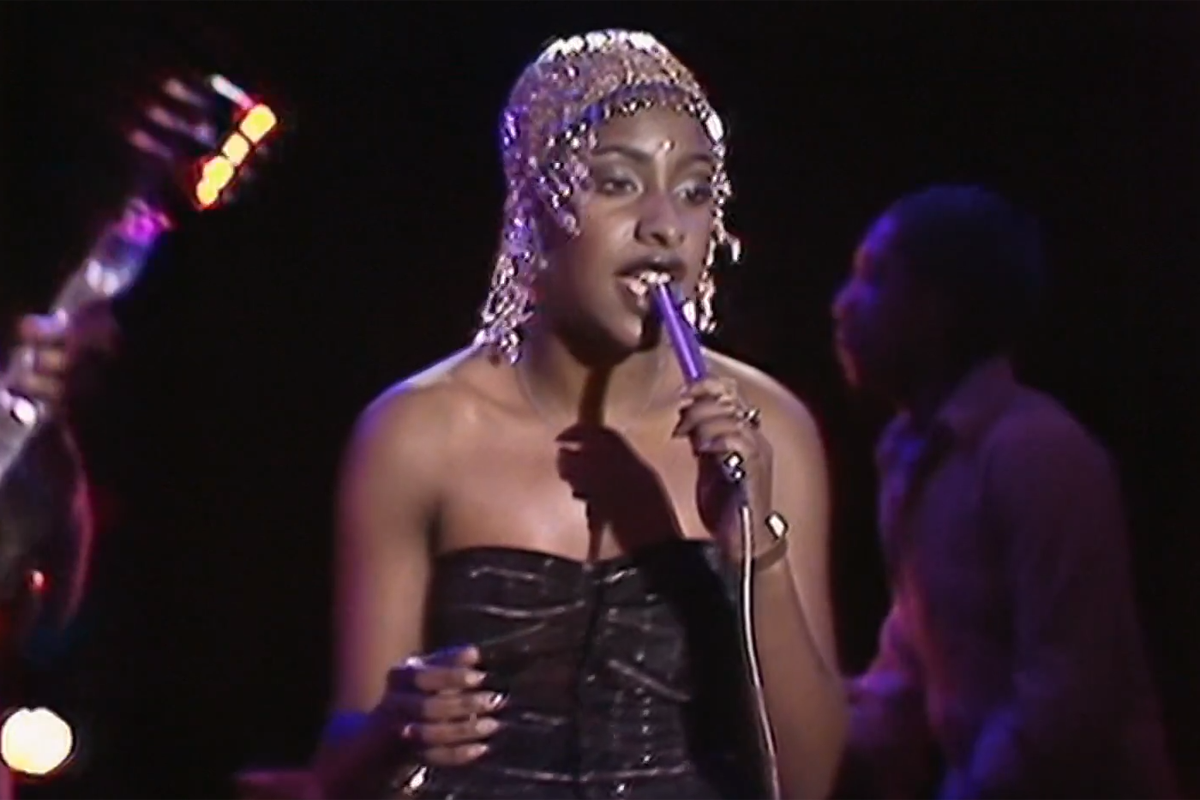
I put the snare where it usually goes in Afrobeat. For the kick drum I employed the sound of the four-on-the-floor disco, which was popular at the time. The tempo is disco, 120 bpm. Because those elements are so odd, I had to find an exceptional drummer. I refused to use a machine. I’d tried a few before Drummy Zeb from Aswad, whom I was working with on the soundtrack for the film Babylon.
Drummy was shocked when he heard what I wanted, but he didn’t take long to own it. It was just the two of us in the studio, with me playing bass and sound engineering. The vocal still only existed in my head.
I was explaining how the ending went – that famous high note that hardly anyone can hit – when Drummy went all Phil Collins on me. He played this crazy, all-over-the-place pattern and I went mad. Then I listened back and realised it was genius. The girl is getting angry at the guy playing these silly games and he captures that. The song momentarily steps out of reggae into rock. I couldn’t pay Drummy a session fee, but I gave him a royalty. He wasn’t happy at the time, but he is now.
With the bass and drums done, I had to add all the other instruments. I was working as an engineer at a studio called Gooseberry in London’s Chinatown. One evening, I had the idea to employ the services of an S82000, a Korg synthesiser. It was chained to the wall because it was such a dinky thing that anyone could have walked out with it under their arm.
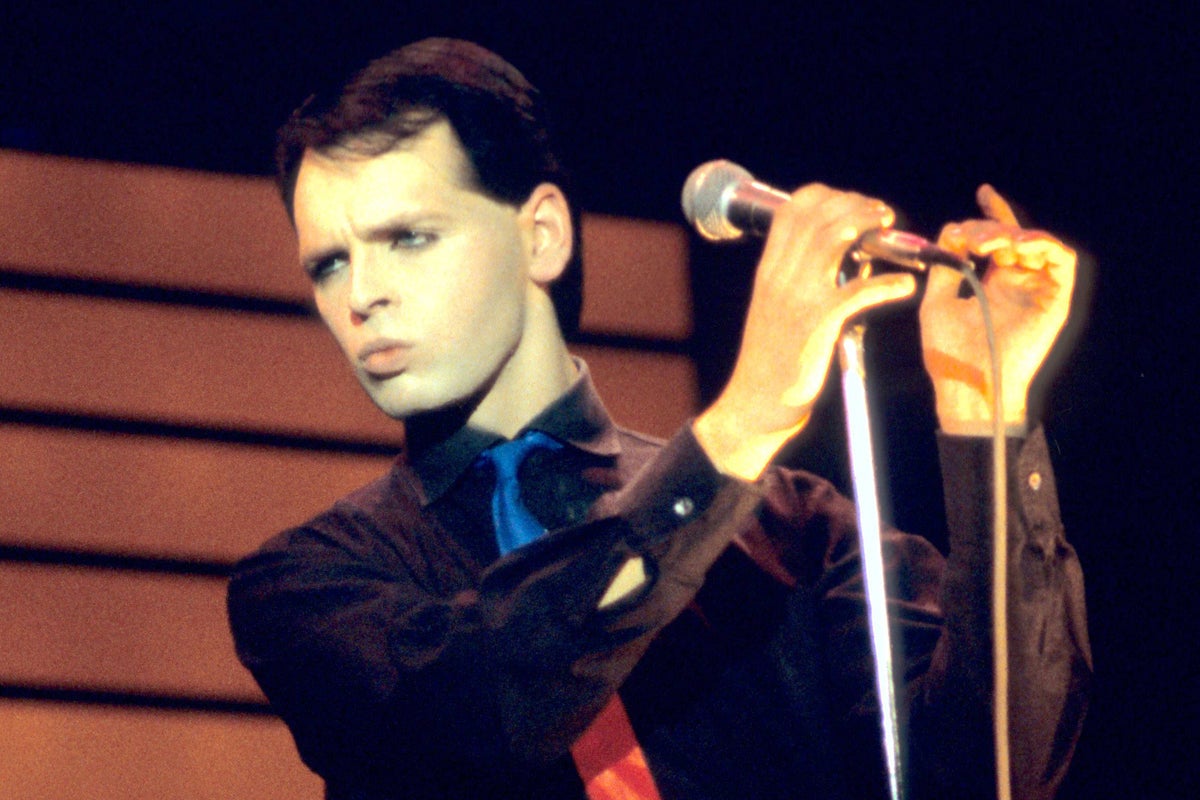
Gary Numan was in the studio using it to record his soon-to-be No.1 track ‘Are Friends Electric?’ I set it to strings and hit on the melody. Then I thought to use a new instrument that Stevie Wonder and Herbie Hancock had been brandishing around. It was the Fender Rhodes, an electric keyboard that I’d never heard used on reggae song. I mellowed it out by playing it like The Crusaders.
As soon as I started to stir the sonic ingredients, I knew the singer had to be Janet Kay. I’d been working with her, noticing how she hit these incredible high notes. The ending is the heart of the song, constructed because I’d seen a Memorex advert on TV in which Ella Fitzgerald uses her voice to shatter glass. How great would it be to have a song with a note like that? I imagined all these young girls at home singing in to their hairbrushes in front of the mirror, trying to reach that note.
Janet scaled it effortlessly. She nailed it in two or three takes. When I asked for another, she refused. I knew we’d knock the reggae world for six. And with a pop song to boot. Did I foresee the song’s the enduring appeal? Let’s just say I hoped it would be around for as long as “We Wish You A Merry Christmas”. There’s still time.
“Silly Games” was written to break the ice between boy and girl. It was not political. Not until I watched Lovers Rock. I’m thankful that Steve pointed out that my lyrics lend themselves so well to social comment. When I saw the film finished I was taken aback. “Silly Games” had become a protest song. The games that governments play, the games that the powers that be play. I’d never thought of it that way before.
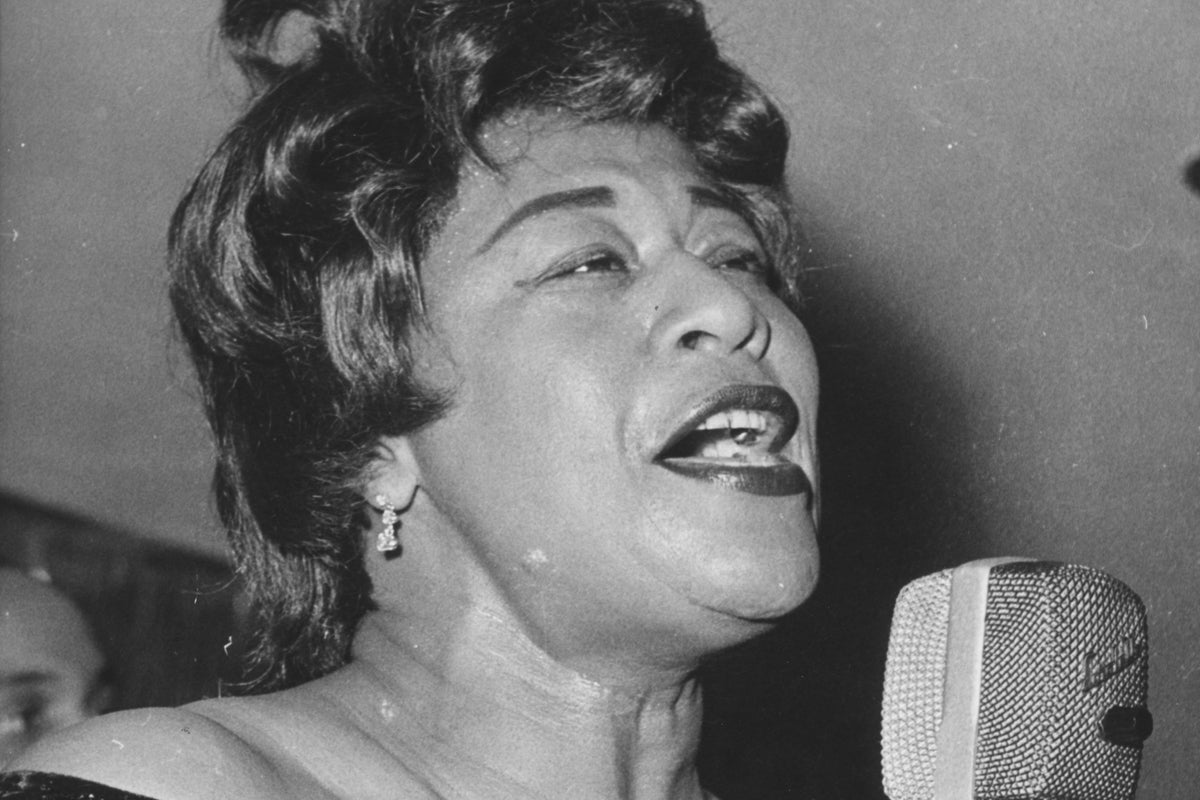
Lovers rock, the genre of reggae which I helped create, was never about politics. It was the opposite. So much reggae was protest music. My idea was to make it romantic. The music was crafted to combat solo dancing, to bring you close to a partner and literally get the feel of each other. At that time, at my age, there was not much opportunity to legitimately place your hands on a young lady and jiggle up and down.
The Small Axe soundtrack features five passages of Linton Kwesi Johnson’s spoken word, four of them performed by the actors. I met Linton when he was a journalist who came to interview my band Matumbi and I was one of his first converts. I’d read a book of his in which the first two pages were just two words – blood and fire – endlessly repeated. I realised what he was doing – writing in dub.
He wanted to set his poetry to music and I was the man for the job. We’ve toured the world together many times since and I’ve witnessed the impact that his words have on all sorts of audiences. His poetry is set in stone. It’s history.
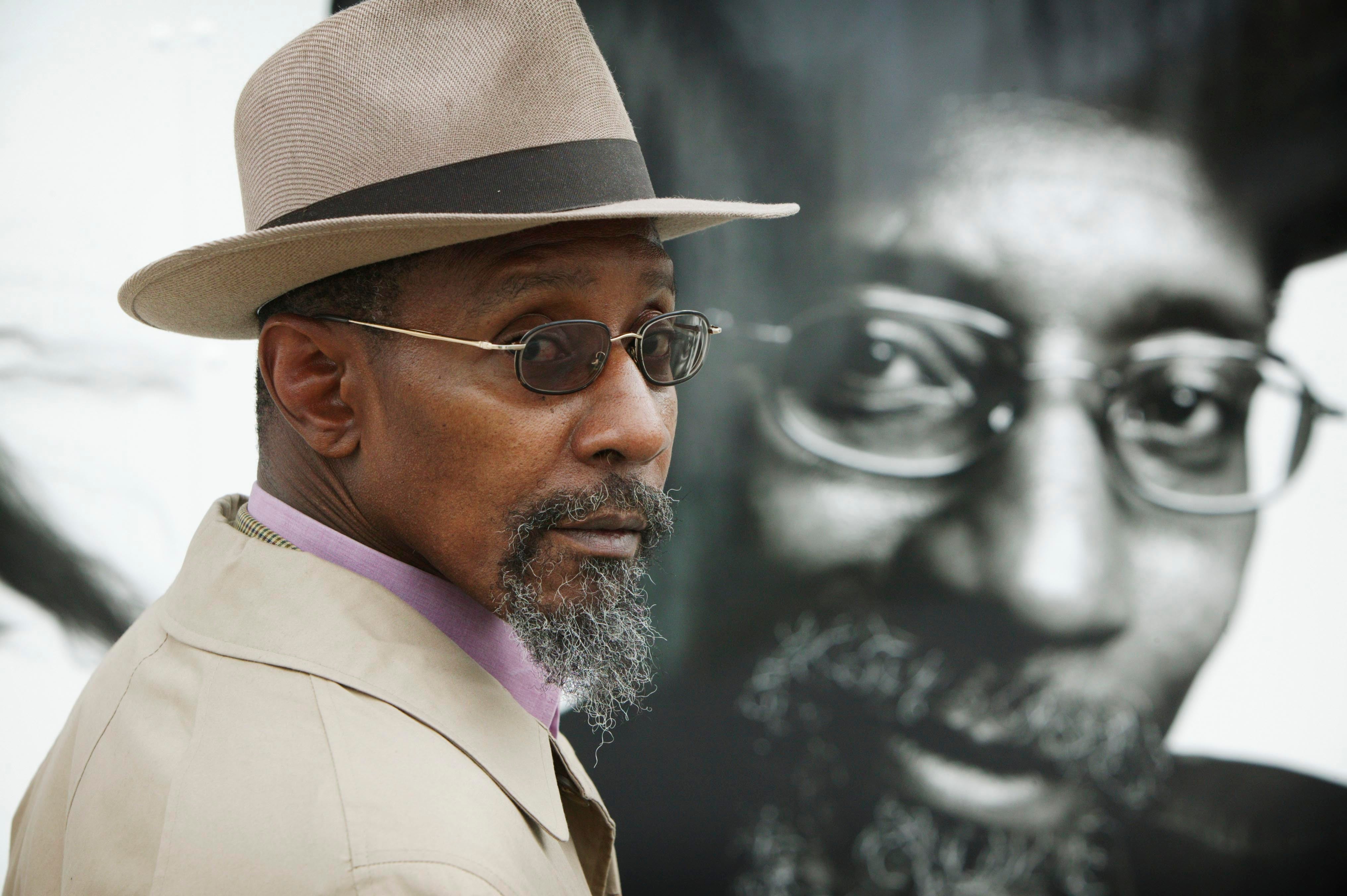
Recently, I was called upon to do some remixes for Arcade Fire. I chose their song “Flashbulb Eyes” and did a dub version and invited Linton to recite his piece Reality Poem. ‘Dis is di age af reality/Dis is di age af science an’ teknalagy’. That was written in 1973, but it could be about today.
The timing of the Small Axe series was perfect. To arrive in the year of Black Lives Matter made the films even more powerful. As for “Silly Games”, its rollercoaster ride has hit another high. New generations have just discovered it.
The legacy of lovers rock is forever growing. It does my heart good to see youngsters getting into it and creating it themselves. Recently, I was stood in the queue in a Caribbean takeaway in Brixton. In comes a young lady, her phone rings and the ring tone is “Silly Games”. It was lovely, of course, but I was tempted to ask: “Have you paid PRS for that?”
Dennis Bovell MBE presents a Night of Lovers Rock at Southbank London on 16 July
The official Small Axe soundtrack is out now on Motown
Join our commenting forum
Join thought-provoking conversations, follow other Independent readers and see their replies
0Comments